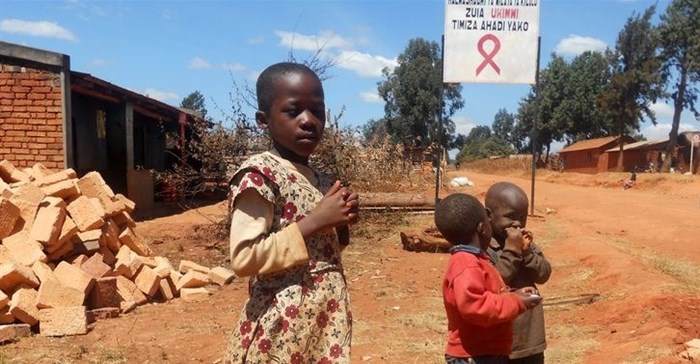
Top stories






More news


Marketing & Media
Ads are coming to AI. Does that really have to be such a bad thing?













A total of 57 countries, 36 of which are in sub-Saharan Africa but also including Bangladesh, India and Indonesia, face crippling health workforce shortages. The World Health Organisation (WHO) estimates that over 4m health workers are needed to fill the gap. The global deficit of doctors, nurses and midwives is at least 2,4 million worldwide, and 1m in sub-Saharan Africa, says a report by Amref Health Africa.

It’s the same old story - lack of training capacity and poor remuneration prevents many from entering the profession, while those with the qualifications are often enticed to more lucrative positions abroad.
“The other important, but often not mentioned reason, is the limited budget allocated to health by most African governments, and in particular, to the development of human resources for health. Indeed, sub-Saharan African governments have contributed to the crisis by failing to allocate enough money to train, absorb and retain health workers,” the report says.
Ten years ago, the WHO pointed out that most sub-Saharan African countries were experiencing a chronic health worker shortage. Task shifting was then accepted globally as a solution to accelerating access to health services, especially HIV services.
Task shifting is defined as “the rational redistribution of tasks among health workforce teams. Specific tasks are moved, where appropriate, from highly qualified health workers to health workers who have fewer qualifications in order to make more efficient use of the available HRH.”
It is imperative that health workforce strategies focus on matching the skills of workers to the local profile of health needs. This includes delegating work to, and effectively training and supporting, lower and mid-level formal workers to deliver healthcare at community level.
“Task shifting presents a practical and sustainable answer to most African countries’ critical health worker shortage. It also presents a quick solution to improving health indicators on the continent, which are among the worst in the world,” Amref explains.
However, this approach cannot succeed unless close attention is paid both to the systems that support successful implementation and to needed expansion of human resources within the overall health care system.
Recent discussions on task shifting have focused mainly on community health workers, who can relieve doctors, clinical officers, and especially nurses of health promotion and primary healthcare tasks, they are often required to perform due to lack of resources.
This can include HIV/Aids prevention, testing and treatment literacy, home-based and palliative care, TB and malaria education, maternal and child health, immunisation and nutrition.
The WHO Task Shifting Addis Ababa Declaration of January 2008 contains recommendations and guidelines that can be used to identify and define the key elements that must be in place if the approach is to provide safe, efficient, effective, equitable and sustainable health care services.
The current plan in the emerging task shifting framework is to create accreditation and certification programmes for newly trained community health workers and to provide career paths through increased training.
Credit and qualification frameworks, as well as prior learning assessment and recognition models, must be established to ensure enlistment and equitable access for the many community members who have already learned many valuable attributes and skills through the pragmatic responses to community needs.
However, several barriers do exist that must be appropriately addressed, keeping in mind that the main mission of health workers should be to promote and protect health, and to save life. Such barriers include:
“Task shifting in Africa is already a reality in healthcare service delivery, especially in remote communities and it presents a viable solution for improving coverage by making more efficient use of the human resources already available and by quickly increasing capacity while training and retention programmes are expanded,” Amref says.
The organisation also supports a systematic approach, which will ensure that all health workers are equipped with the appropriate competencies to undertake the tasks they are to perform.
Successful implementation requires training, as well as changes in laws and policies to accommodate such 'skilled-up' workers. Amref therefore advocates that task shifting be considered in the development of pre-service and in-service training to ensure that mid-level health workers have the competencies required to take on new tasks.